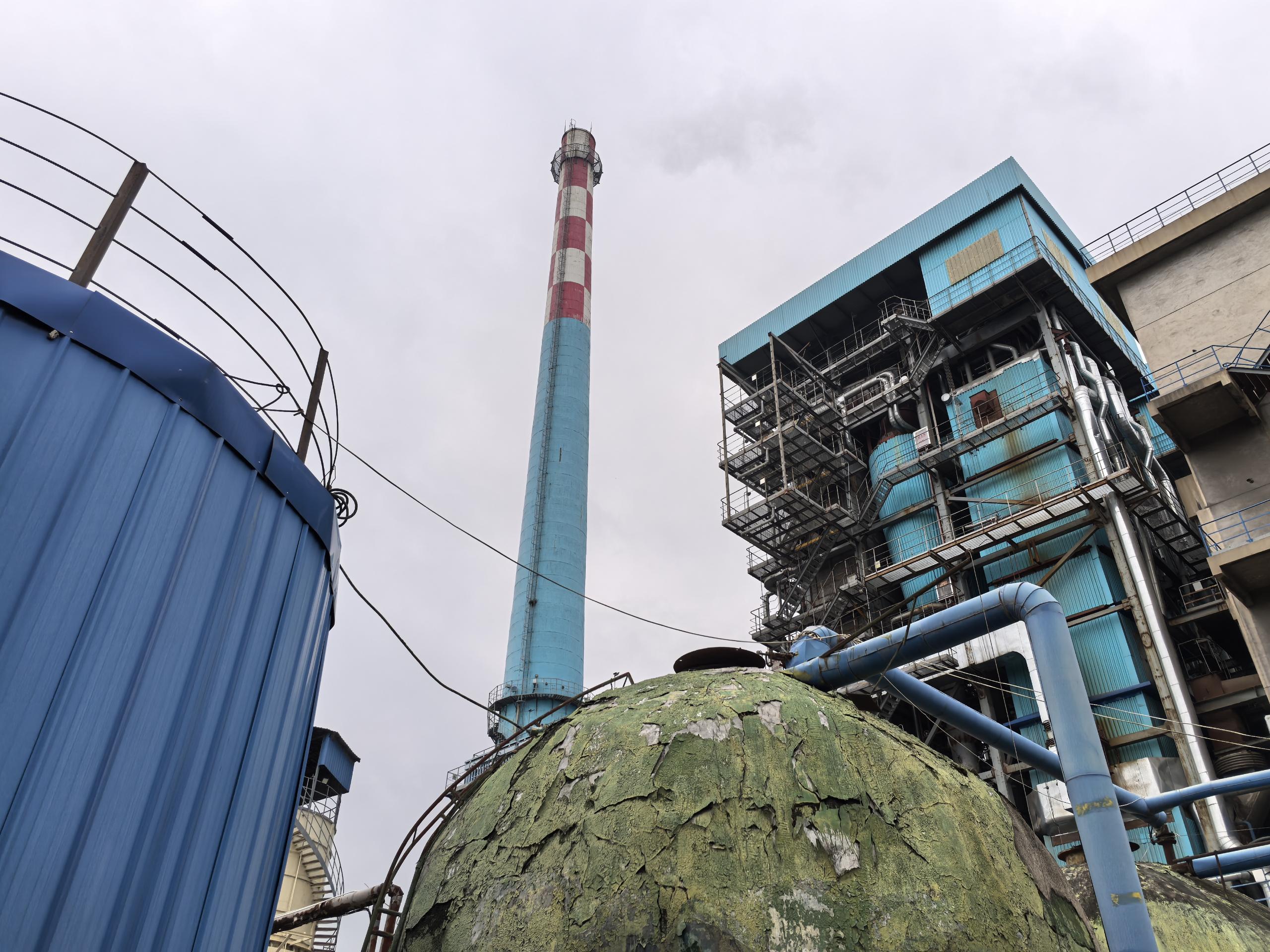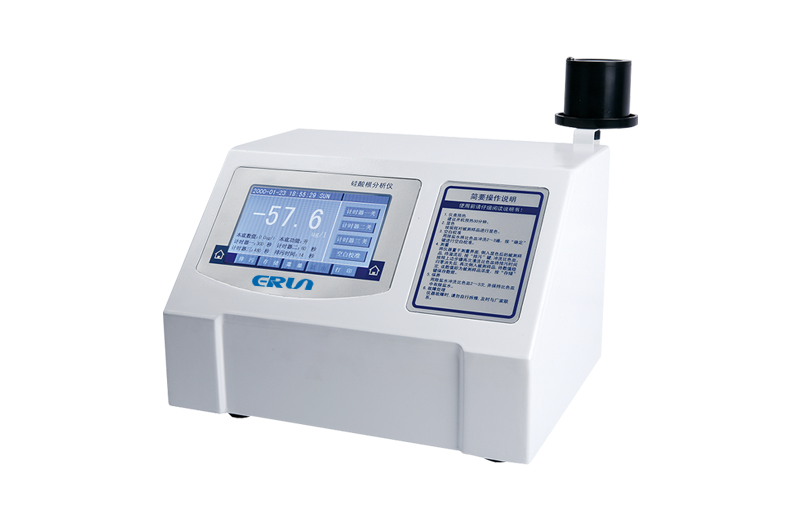The thermal power industry has more stringent standards for copper in boiler water.According to the Technical Guidelines for Boiler Water Quality in Thermal Power Plants (DL/T 561-2012), the copper content of furnace water in boilers of 100MW and above units shall not exceed 0.03mg/L, while the copper content of furnace water in units of 50MW and below units shall not exceed 0.05mg/L.The following content will describe in detail the power plant boiler water copper content standards and the use of water quality tester.

Copper in boiler water exists mainly in the form of soluble copper ions (Cu2+), which originate from corrosion of materials or chemicals added during feedwater treatment.Excessive copper will accelerate the corrosion of metal parts inside the boiler under high temperature and high pressure, leading to scaling, reduced heat transfer efficiency, and may even cause serious safety accidents.Therefore, there are international and national standards that set limits for copper content in boiler water.
Chinese Standard: According to the Water Vapour Quality Standard for Thermal Power Plants (DL/T 561-2013), for supercritical parameter units, the copper content in the feed water should be no more than 5 micrograms per litre (μg/L);For subcritical and lower parameter units, this value may be appropriately relaxed, but usually not exceeding 10 μg/L.
U.S. Standard: The U.S. Electric Power Research Institute (EPRI) recommends that the copper concentration in boiler feedwater be kept below 1.0 μg/L in order to prevent copper deposition and reduce corrosion.
European standards: A number of European countries have set similarly stringent standards, with specific values varying according to the type of plant and technical conditions.
In addition to this, for boilers of 100MW and above, the copper content of the furnace water shall not exceed 0.03mg/L;For units of 50MW and below, the copper content of furnace water shall not exceed 0.05mg/L.In addition, for subcritical pressure and below subcritical pressure DC boilers, the feedwater copper content should not exceed 5 μg / litre; for supercritical pressure DC boiler feedwater copper content, some provisions should be less than 2 ~ 3 μg / litre.These regulations are designed to prevent copper oxides from being deposited in the furnace tubes and affecting the normal operation of the boiler.
Based on the industry standard DL/T 502.14-2006, WinRun has developed the analyser for trace copper content in boiler water of thermal power plant by adopting the principle of copper determination by bis-cyclohexanone oxalylhydrazone spectrophotometry.The analyser is not only used in thermal power generation, but also in chemical fertiliser production, metallurgy, environmental protection, pharmaceutical industry, biochemistry, food processing and water supply.
The analyser is specifically designed to accurately determine trace levels of copper in a wide range of water samples to ensure the safety and quality of water used in a variety of industries.Applications include, but are not limited to:
Boiler feed water: Ensure that the copper content of the water entering the boiler system meets safety standards to prevent corrosion and scaling problems caused by copper deposits.
Condensate: Monitoring of the copper concentration of condensate in the circulating system safeguards heat exchange efficiency and equipment life.
Steam water: Detect copper in steam to avoid adverse effects on downstream processes or equipment.
Internally cooled generator cooling water: protects the internal components of the generator from copper contamination and maintains efficient operation.
Furnace water: Monitor the copper content of the furnace water during boiler operation and adjust the water quality treatment strategy in time.
Natural water: Assessing copper levels in natural water sources to provide data support for environmental protection and water resource management.

The above is both the power plant boiler water copper content standards and the use of water quality tester related content.Therefore, in order to enhance the safety and efficiency of the production process while providing important safeguards for environmental protection and public health.The analyser developed by Evonik has become an indispensable tool for water quality management and environmental monitoring in various industries by providing fast, accurate and reliable copper results.